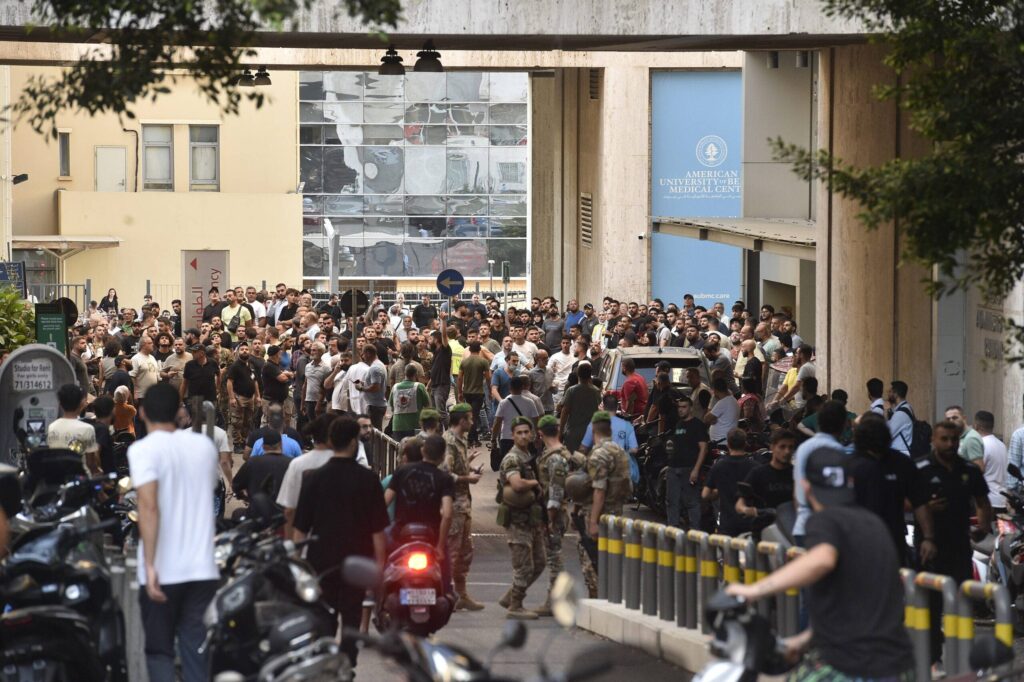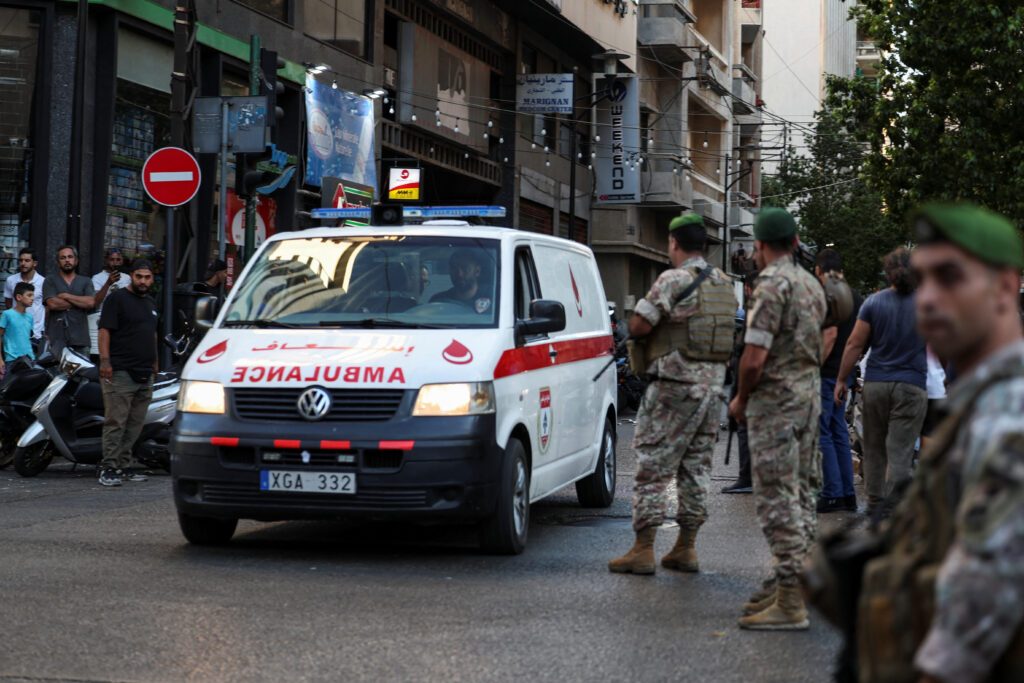Pager Explosions in Lebanon: Why Hezbollah Still Uses Pagers in the Age of Smartphones
The pager explosions across Lebanon on Tuesday September 17 caused nine fatalities and multiple injuries totalling 2,800 persons. Associated rumors and worldwide surprise emerged after the multiple near-simultaneous explosions targeted various locations. The unlikely culprit? Pager devices remain obsolete in present-day society since smartphones have replaced them as the standard communication tool. Hezbollah claims Israel conducted the Lebanese pager device attacks so they launched retaliatory threats that put the unstable region at risk of more violence.

The Incident: What Happened?
Lebanon experienced multiple bombings which targeted the pager devices used by Hezbollah members at 3:30 pm local time. Multiple firsthand reports detail the disorder in Lebanon’s streets during that time when patients were sent to overloaded hospitals while people saw both bloodstains and explosions targeting pager wearers at their waist. According to Beirut southern suburbs resident Musa he could not believe his eyes during this extraordinary incident that saw ordinary citizens explode on the streets due to these tiny devices. Security cameras and mobile phone footage rapidly spread on social media networks to display the unexpected destructive effects of these explosions.

Why Pagers? The Technology Behind Hezbollah’s Choice
During the 1980s through 1990s pagers achieved their status as top mobile communication technology although smartphones had not yet entered the market. The Islamic group Hezbollah keeps their use of pagers within its operations because they avoided switching to contemporary communication systems. Modern militant groups from the 21st century prefer not to use such outdated communication technology.
- Low Profile and Difficult to Track:
Pagers operate transmission functions unlike smartphones so they emit signals only occasionally and remain resistant to tracking or interception attempts. The low emission capabilities of pagers makes them attractive for groups like Hezbollah who need to avoid surveillance mainly from modern intelligence agencies operating in their area. The separate frequency used by pagers necessitates specialized tracking tools but these tools remain unused by most adversaries because pagers have become outdated. - Simplicity and Reliability:
The basic functionality of pagers consists of message reception because these devices avoid complex interactive elements. The single basic functionality of pagers keeps them safe from cyber threats and hacking as well as common software faults that could damage complex devices. In warfare, the fewer points of failure, the better, making the humble pager a surprisingly robust choice for critical communications. - Operational Security (OpSec):
A pager delivers better operational security than a smartphone can achieve. The devices function exclusively as information receivers while lacking both cameras and GPS location and microphone features that could provide enemies with valuable intelligence during military operations.



The Explosions: Possible Causes and Speculations
Such precise pager detonations have prompted several questions about the method through which this event transpired. Experts along with media outlets postulate the following theories about the pager explosions.
- External Signal Hijack:
The pager system could have been attacked by a sophisticated electronic warfare service which sent the command for simultaneous device detonation. Hezbollah alleges that Israel stands as a likely perpetrator behind the pager explosions despite lack of public evidence. - Embedded Explosives:
There exists another explanation that explains the pagers carried embedded explosive devices controlled by distant operators. Extended infiltration into Hezbollah’s internal organization presents risks for insider dangers or compromises the effectiveness of Israeli spying operations. - Device Malfunction:
A defective outcome or unintended event from external jamming interference could explain these explosions despite their low probability during such time and magnitude. Unprecedented circumstances should be established if a malfunction triggered simultaneous detonations.
Implications for the Israel-Hezbollah Conflict
The metal explosions created increased tensions within the challenging Israel-Hezbollah political environment. Hezbollah quickly blamed Israel for the attack and vowed to fight back which demonstrates that peace remains unstable in this area. The event presents potential grounds for additional military escalation because it could lead various regional forces together with international forces into conflicts.
The Israel Defense Forces (IDF) maintain their policy of non-committal stance regarding this issue just like they do with other sensitive operations. Such an act of aggression from Israel towards Hezbollah would demonstrate Israel’s ability to strike deep into Lebanon while also preventing vital communication systems from functioning.
What’s Next?
The attention of Lebanon extends toward stopping additional casualties and comprehending the complete extent of this disaster. The upcoming reaction of Hezbollah in the following weeks will determine the extent to which this explosion launches a new widespread conflict.
In the realm of asymmetrical warfare the use of outdated technology by Hezbollah displays an essential knowledge point about asymmetric warfare because basic technology performs better against advanced techniques of powerful opponents. The continued use of pagers by Hezbollah remains uncertain following this incident yet their employment successfully grabbed international recognition in a surprising way.
Why does Hezbollah still use pagers instead of smartphones?
Pagers offer low detectability, minimal electronic footprint, and greater operational security compared to smartphones, making them ideal for secret military communications.
How did the pager explosions in Lebanon happen?
Possible causes include electronic hijacking, embedded explosives, or external jamming, though no official explanation has been confirmed.
Did Israel orchestrate the pager explosions?
Hezbollah accuses Israel of involvement, but Israel has not officially commented on the incident.
What are the global implications of this attack?
The attack could trigger military escalation, expose new warfare vulnerabilities, and reshape intelligence tactics against militant groups.
Will Hezbollah continue using pagers after the attack?
It remains unclear whether Hezbollah will switch to new communication methods or find ways to strengthen pager security.






